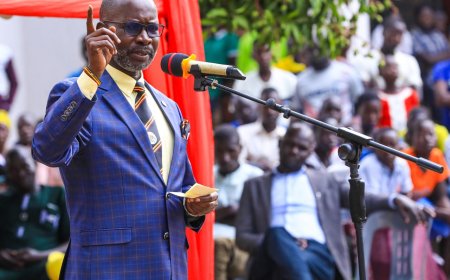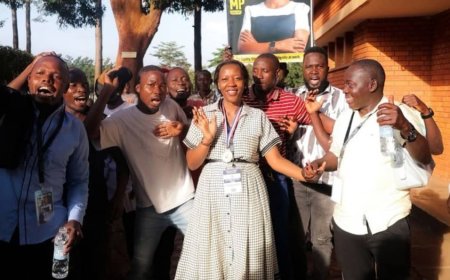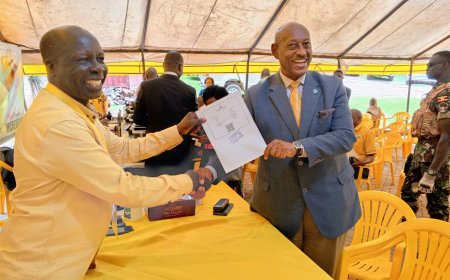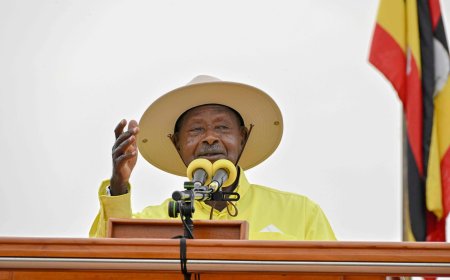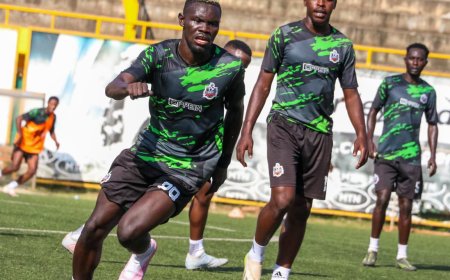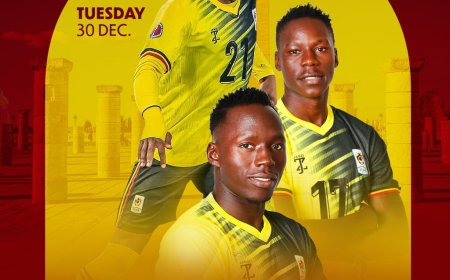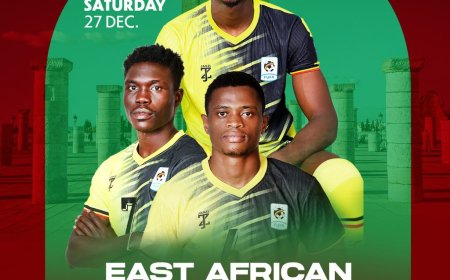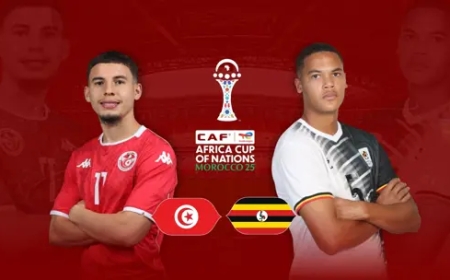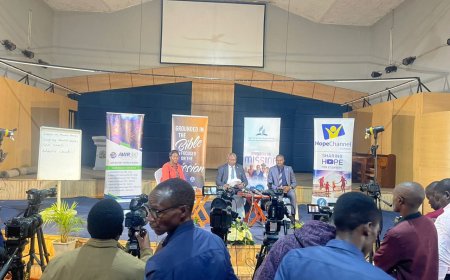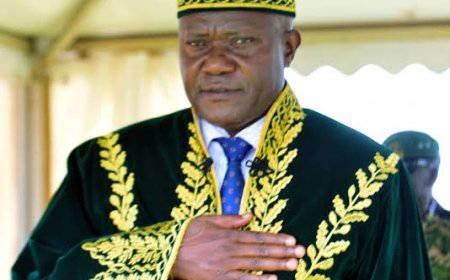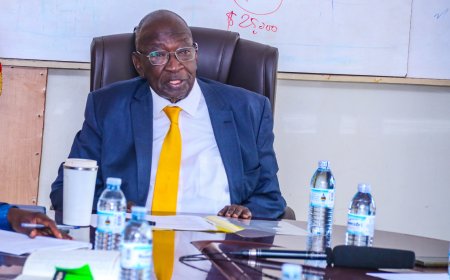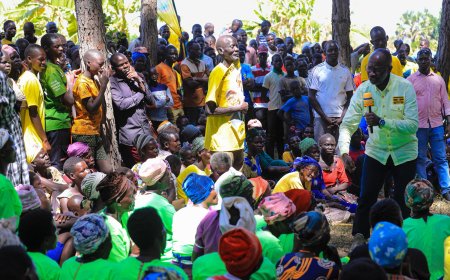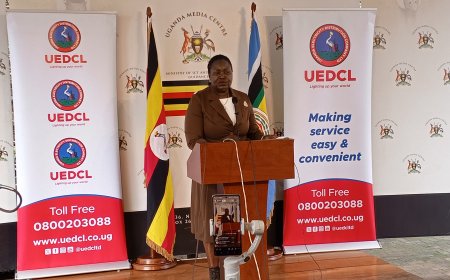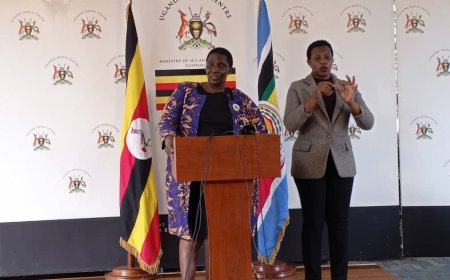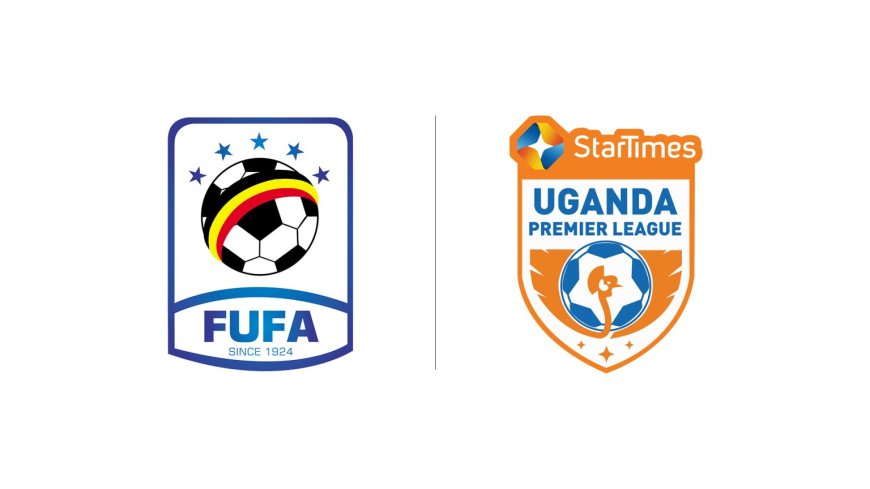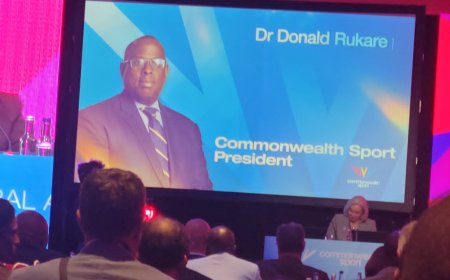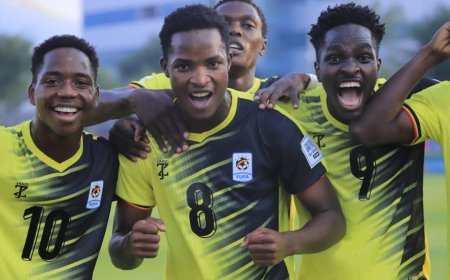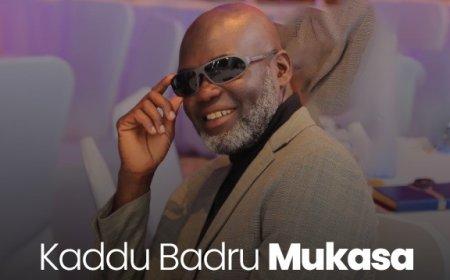The Rise and Fall of FUFA's New League Format
Drama around the Federation of Uganda Football Associations' attempt to shake up the StarTimes Uganda Premier League is paused.
Hey, if you're following Ugandan football, you've probably heard about the drama around the Federation of Uganda Football Associations' attempt to shake up the StarTimes Uganda Premier League. It started with big ideas but ended in a quick retreat. Let's break it down step by step, based on what happened leading up to October 18, 2025.
What the New Format Looked Like
FUFA rolled out a plan for the 2025/2026 season that split the league into three rounds. First, the 16 teams would play in two groups of eight, facing each other once. Then, based on standings, they'd move to new groups: the top teams chasing the title, the middle ones fighting for better spots, and the bottom ones avoiding relegation. Points would carry over in some cases, and every match was meant to count more. They also bumped up prize money from 128 million to 500 million Ugandan shillings to make it worth the effort. FUFA said this would make games tougher and help the league grow, with extras like medical insurance for 700 players worth 750 million shillings.
They announced it in late August 2025, and the season kicked off on September 26 under these rules. But not everyone was on board from the start.
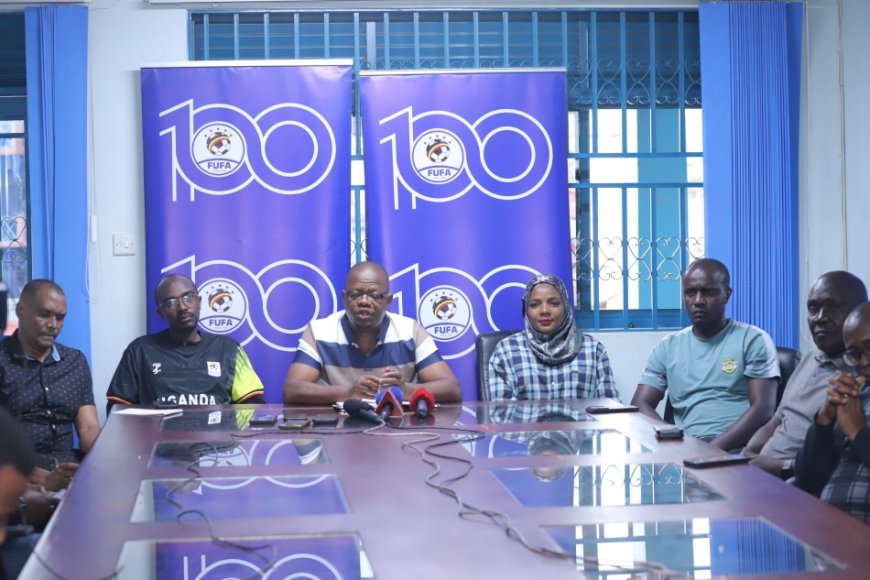
The Main Controversies
The big issue was how FUFA handled the change. Clubs said there wasn't enough talk beforehand – no real input from teams, fans, sponsors, or even players. Some called it a top-down decision that ignored what people wanted. Critics worried it could lead to match-fixing, since teams safe from dropping but out of the title race might not try hard. Others thought it would hurt the league's draw, making it less fun for fans and cutting commercial interest.
Things got heated when clubs accused FUFA of threats and pressure to accept it. Instead of addressing concerns, some said FUFA mocked or blackmailed them on social media. The format also meant some teams could finish early, sitting out the last round, which didn't sit well with anyone.
Influences from Sports Figures and Politicians
Moses Magogo, FUFA's president and a member of parliament, was the main push behind the changes. He argued it would fix old problems and bring in more cash, like the 3.4 billion shillings tied to the format. But on the other side, Dr. Lawrence Mulindwa, president of Vipers SC, became the face of the resistance. He led boycotts and petitions, saying FUFA ignored their input and risked the game's fairness. Fans hailed him as a hero for standing up.
Politics crept in too. Club leaders claimed FUFA linked their opposition to rival politicians, using it as a way to discredit them. Clubs even asked the Minister of Education and Sports for help, showing how football and government overlap in Uganda. Magogo's role as an MP added to whispers of political sway, though no direct meddling from higher-ups like President Museveni came up in this case. Still, it's no secret that Ugandan football often feels the pull of politics, with leaders like Magogo bridging the two worlds.
How People Responded
Fans and clubs didn't hold back. Boycotts hit hard – empty stands in early games showed real anger. Teams like Vipers, SC Villa, and NEC refused to play at first, pulling out until FUFA listened. Social media blew up with calls to scrap it, using tags like #SayNoToTheNewLeagueFormat. Meetings happened, with clubs pushing for tweaks like keeping points rolling across rounds.
FUFA tried to explain, holding sessions with media and stakeholders, but it felt like damage control. Magogo admitted the pushback but said they'd keep talking, especially with holdout clubs. Sponsors like StarTimes got pulled in, with claims FUFA didn't consult them either.
The Final Decision
On October 18, 2025, FUFA backed down. They suspended the new format after talks with clubs, sponsors, and the league board. The league went back to the classic home-and-away setup for the rest of the season. They said it would give time to explain the ideas better through education sessions. It was a win for the critics, but some wondered why it took so long and caused so much hassle.
A Bit of History for Context
The Uganda Premier League goes back to 1968 as the National First Division, becoming official that year. It changed names over time – to National Football League in 1974, then Super League in 1982. FUFA, founded in 1924, has run it since, but big format shifts like this are rare. They tried something similar with the FUFA Drum tournament in 2023, adding more games and groups, but it didn't spark the same fight. This episode shows how hard it is to change a league fans have known for decades without getting everyone involved first.
